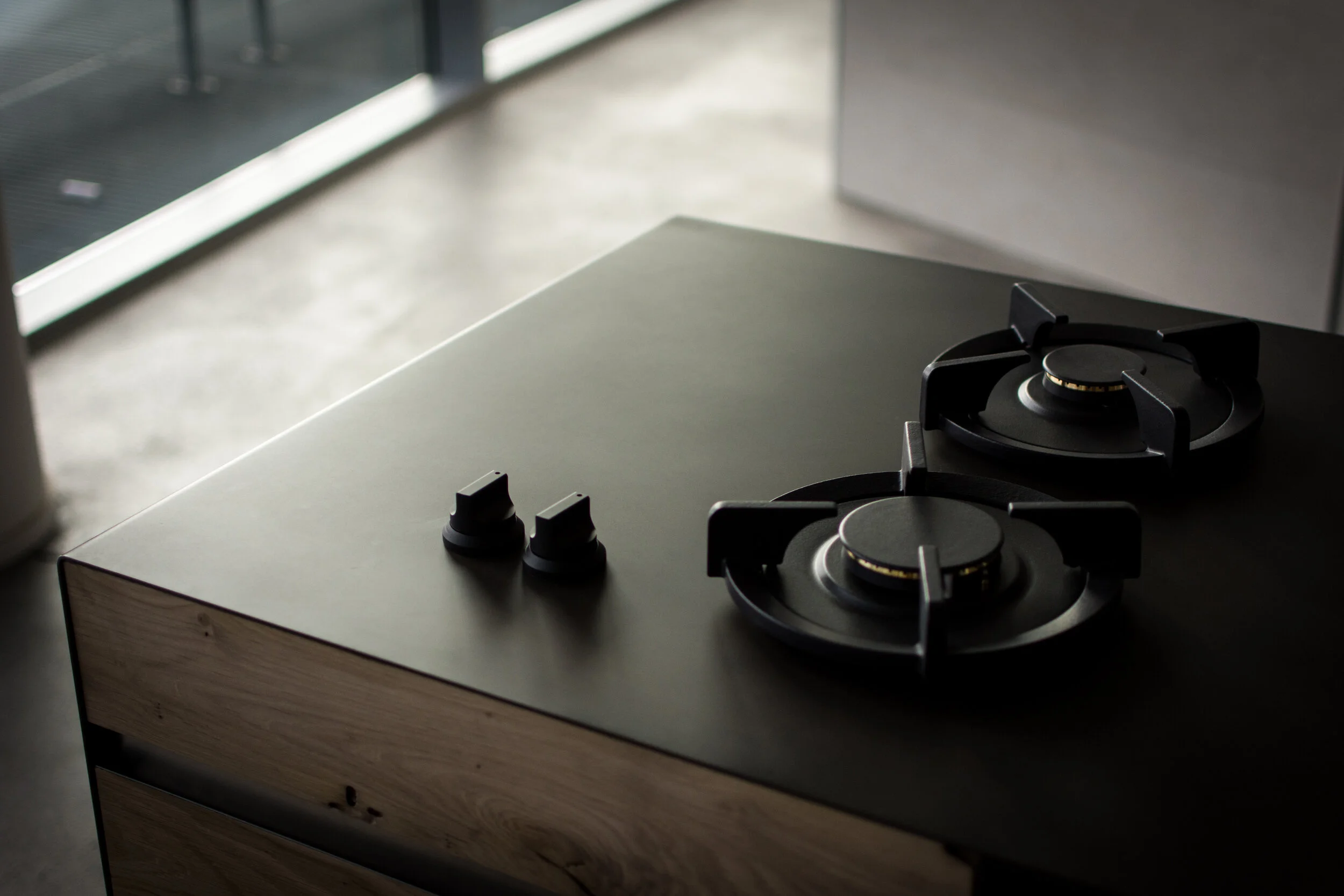In this article, you can find eight of the most common issues as to why your gas cooktop might not be working properly.
1. The Gas Is Off
If none of your burners will turn on, then the gas may be shut off. While it’s unlikely that the gas suddenly went off, someone in the household may have switched it off as a precaution, or if you just moved in, the previous tenants may have disconnected. Alternatively, the gas network might be damaged.
How To Fix It: To check that the gas is on, look at the supply valve behind the stove. The valve handle should be in line with the gas pipeline. If your gas stove is still not working after moving the valve to the open position, then move to your gas meter outside and check the gas valve handle. This will be on the left hand side of the gas meter box. Failing that, check with Vector on 0800 764 764 and call in a "no gas."
2.The Stove Is Unplugged
The stove can be unplugged when moved or as a safety precaution, but it’s not likely the stove became unplugged on its own. Check with others in your household to see if there is a reason it may have been unplugged before proceeding to plug it back in.
How To Fix It: Once you ensure there’s no reason the stove is unplugged, check behind the stove to see if it’s plugged in and secure. If unplugged, reach behind and plug it back in snuggly to the outlet.
3. No power to the cooker
If your breaker was recently tripped due to a power outage, surge, or high electric usage, it may be the cause of your gas stove not working, particularly if your igniter is electric. In some homes, breakers trip frequently because of overloaded circuits.
How To Fix It: Reset the breaker by flipping the switch back to the proper position. If your breaker trips often, avoid using multiple high-energy appliances at the same time.
4. Faulty or Wet Igniter
If a burner on your gas stove is taking a little longer than usual to light, or the flame coming from the burner is more orange than blue, it could be the result of a wet or dirty igniter or burner. If you recently cleaned your stovetop, you may have gotten the igniter wet, which will prevent the gas from lighting instantly when you turn on the burner.
How To Fix It: Simply remove the burner cover and allow the igniter to air dry before trying to light the burner again. Once the igniter has dried completely, it should light the burner instantly when you turn it on.
5. The Burner Is Clogged by Food Debris
The flame on your gas stove should always burn blue, but a weak flame may appear yellow or orange. A yellow or orange flame indicates incomplete combustion, which can release carbon monoxide into your home. This happens when a burner is partially clogged, causing the level of the gas flowing into the burners to be reduced. If you haven’t cleaned your stovetop in a while, grease and other cooking residue can build up and clog the burner and reduce the flow of gas. This can prevent the burner from producing a blue flame as soon as you turn it on.
How To Fix It: Remove the burner cover and use some warm water, soap (dish soap that contains a degreaser should break any built-up cooking residue), and a cloth to clean the area in and around the affected burner. If this does not work then you will need your injectors cleaned out, we would recommend calling a gas fitter.
6. The Spark Module Is Broken
The spark module provides power to the igniter, which lights the stove. When it’s broken or not functioning properly, you probably won’t hear the stove clicking and have no spark. The spark module may malfunction for several reasons.
How To Fix It: The spark module will need to be replaced by an appliance service professional. or if the appliance is over 10 years old we would recommend replacing the whole cooker as it is very difficult sourcing parts.
7. A Burner Cap Is Misaligned
Another possible cause for a burner not lighting is a misaligned burner cap. If the burner cap isn’t properly aligned, the burner will not ignite. This often happens after the stove is cleaned and the burner cap is accidentally put back in the wrong position.
How To Fix It: Check the burner cap alignment after cleaning. If the cap is properly aligned and the burner is clean but it’s still not lighting, then it’s time to call in a professional to diagnose the problem.
8. The Thermocouple Is Defective
The thermocouple is responsible for sensing the flame of a gas stove. When it is defective, the stove may still start like normal but will then go off once you release the knob. The thermocouple may have just worn out over time or been damaged.
How To Fix It: Try cleaning the thermocouple rod if that doesn't work then it’s time to call in a professional to diagnose the problem.











